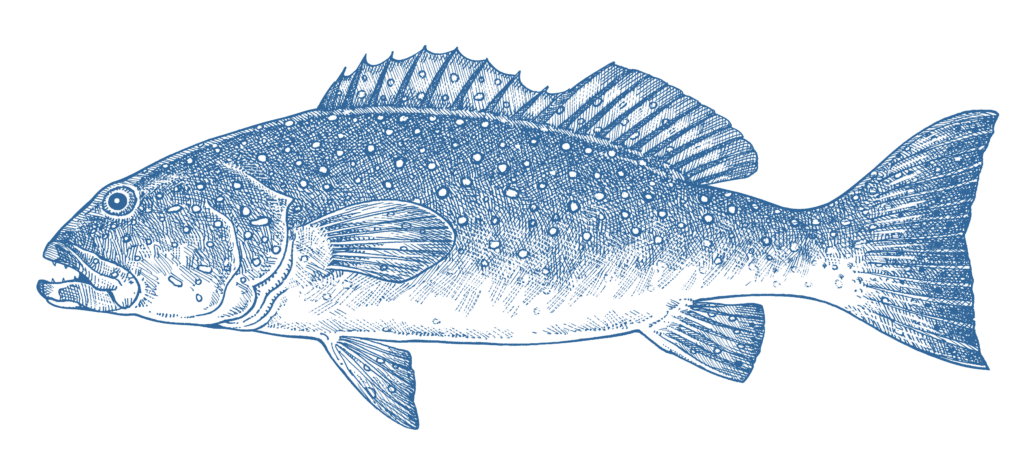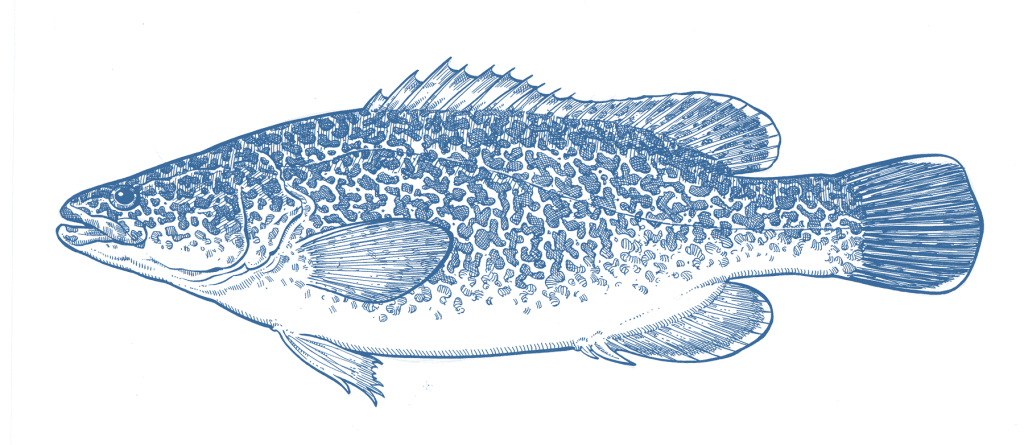
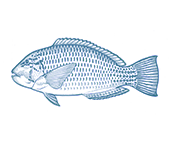
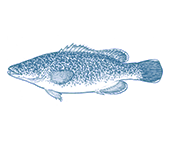
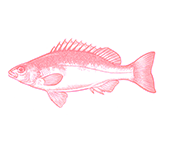
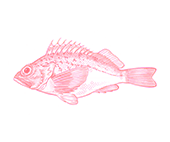
- Say No
Farmed
Region:
Imported, Vietnam
- Basa is mainly imported from Vietnam, where it is farmed in the Mekong River.
- Farm waste discharged into the Mekong River has minor and localised pollution impacts in comparison to the impacts of other human activities along the river.
- Basa are omnivorous fish that are fed a proportion of wild caught fish in their diets. Available research indicates basa farming remains dependent on highly unsustainable wild caught fisheries, with a greater volume of fish removed from the ocean than is produced through basa farming.
- Major retailers in Australia and internationally are increasingly requiring basa produced from farms that perform to a certified environmental standard.
- Vietnam (Approx. 16,858t imported 2015-16)
Basa is imported from south-east Asia, where it is predominantly farmed along Vietnam’s Mekong River in ponds, tanks and cages close to or in the Mekong. Farms discharge wastewater to the river, which likely cause localised pollution. However, the effect of basa aquaculture on waterways is minor when compared with the degradation of the Mekong River by runoff from agriculture and other human activities.
Basa is an omnivorous species of fish that requires some fish protein in its diet. Some farms use wild caught fish processed into fish-feed pellets and others use a combination of home-made feed made from, for example, rice bran and ground up small fish caught in the Mekong River. As there are numerous small, medium and large-scale basa operators, it is not possible to assess the dependence of the basa-farming producers on wild caught fish resources individually. However, available research indicates basa farming remains dependent on highly unsustainable wild caught fisheries, with a greater volume of fish removed from the ocean than is produced through basa farming.
Major retailers in Australia and internationally tend to require sustainability certification of farms that produce basa, and only sell product from these sources. This market initiative has driven significant improvements in basa production, such as managing the waste produced in fish farming. Vietnam has also introduced a standard to which all farms must operate in order to export product; however, the standard is not considered high enough to allow access to the US and EU markets.
While advances in basa farming are underway, ongoing concerns around the environmental cost of basa production results in a red rating for basa overall. While AMCS maintains concerns around all basa production, the major retailers in Australia have committed to sourcing all of their basa product from certified sources, which is a step in the right direction.




